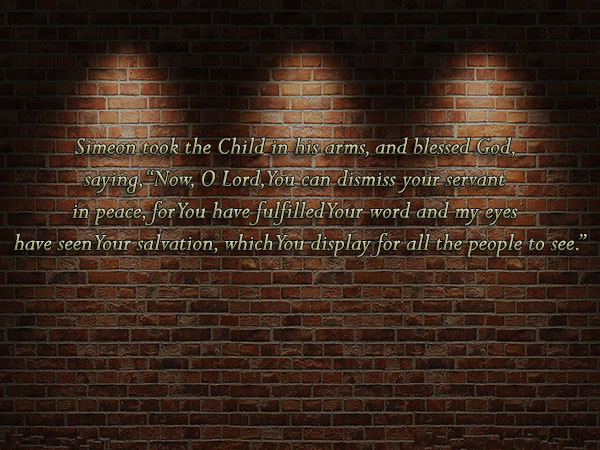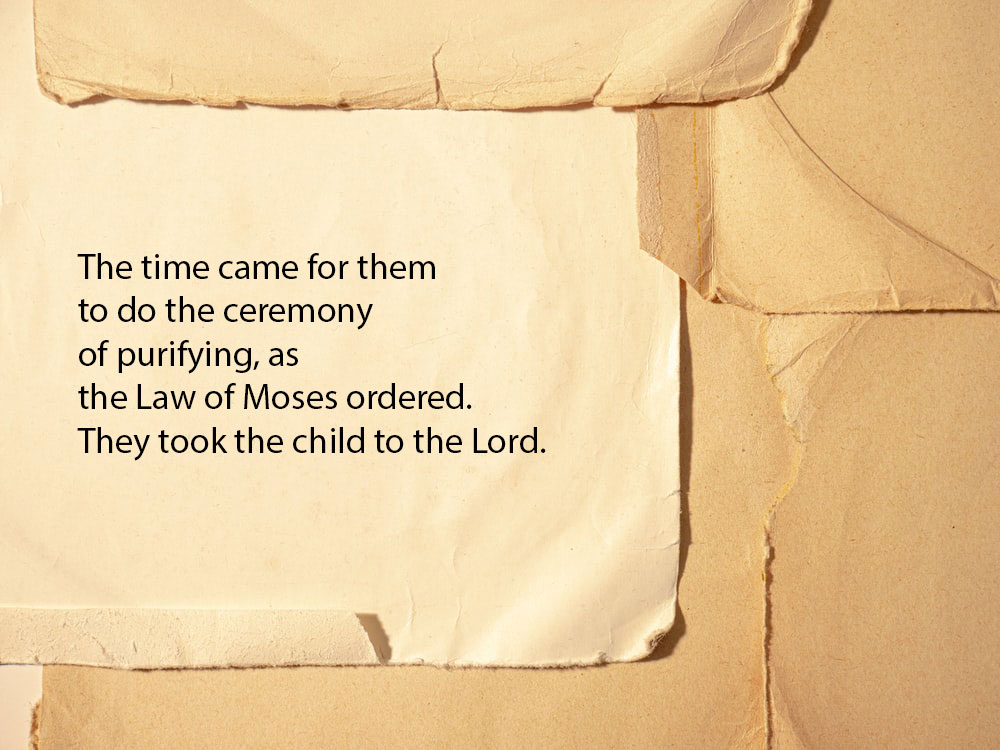Gospel: Lk 11:29-32
As the crowd increased, Jesus spoke the following words: ”People of the present time are troubled people. They ask for a sign, but no sign will be given to them except the sign of Jonah. As Jonah became a sign for the people of Nineveh, so will the Son of Man be a sign for this generation. The Queen of the South will rise up on Judgment Day with the people of these times and accuse them, for she came from the ends of the earth to hear the wisdom of Solomon; and here, there is greater than Solomon. The people of Nineveh will rise up on Judgment Day with the people of these times and accuse them, for Jonah‘s preaching made them turn from their sins, and here, there is greater than Jonah.REFLECTION:
Every day we are surrounded by signs. There are signs that could guide us (traffic signs), warn us (siren) or invite us to make preparations (heavy rain that lead to flashflood).
In the gospel, there are two evident signs: Jonah‘s preaching and Jesus‘ presence. Both signs could guide people towards God, warn them to repent or invite them to remain with God. Jesus speaks about the sign of Jonah, i.e., his preaching of God‘s word that leads to the mass conversion of Ninevites. Though he portrays how powerful Jonah‘s preaching was, but he speaks further about a greater sign, not a mere preaching but the presence of the ”Word-made-flesh” himself. Just as ”Jonah became a sign for the people of Nineveh,” the Son of Man is ”a sign for this generation.”
Today, we encounter Christ himself in the Liturgy, in the sacraments, in the proclamation of the Word of God, in the tradition of the Church, and in the Magisterium. If we pay attention to the external signs that surround us daily, we must all the more be aware of the signs of Christ‘s presence among us–signs that could guide us to the path of holiness, warn us of the severe effects of sins, and invite us to prepare always for Christ‘s second coming.
2014 Copyright. Claretian Communications Foundation Inc








